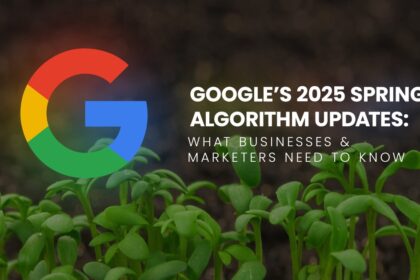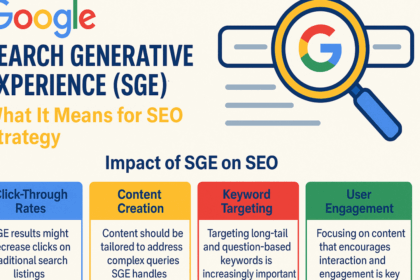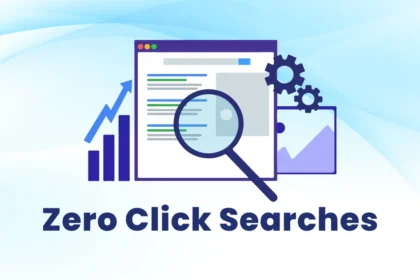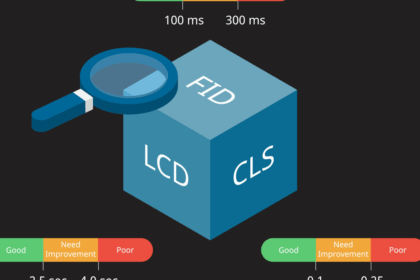The search landscape is undergoing a seismic shift. Traditional search engines like Google are no longer the sole gateways to information. Instead, AI-powered platforms—such as Perplexity AI, ChatGPT with web browsing, and Microsoft Copilot—are becoming major discovery tools. These AI search experiences blend conversational responses, real-time web data, and summarization capabilities to deliver direct, curated answers.
This evolution is fundamentally changing how users interact with information—and, in turn, how websites receive traffic. So what does the rise of AI search mean for organic traffic? And how should brands and SEOs adapt?
Let’s unpack the impact, the risks, and the opportunities in this new AI-first ecosystem.
What Is AI Search?
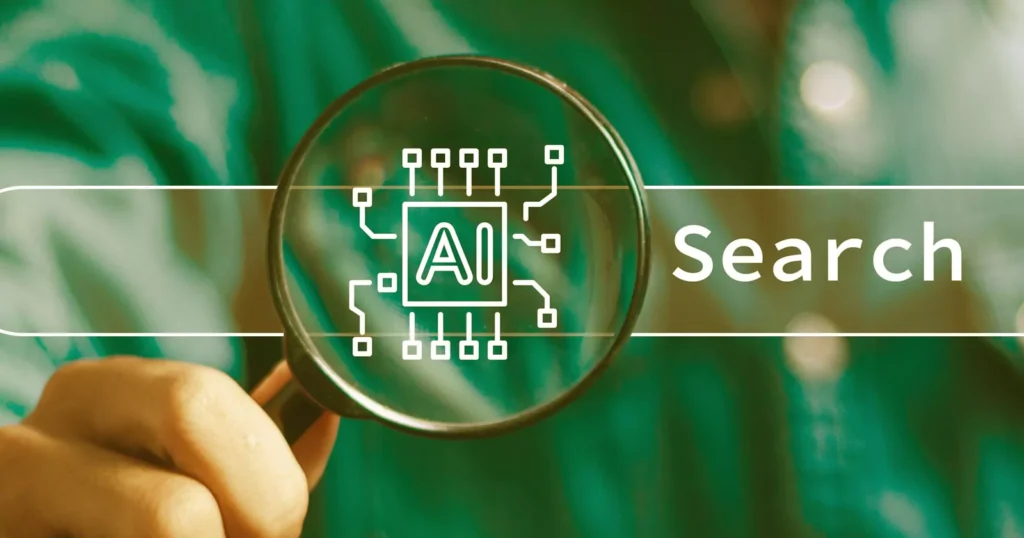
Unlike traditional search engines that display a list of ranked links, AI search engines use large language models (LLMs) to synthesize answers from multiple sources. Some key players include:
- Perplexity AI: Offers real-time answers with live sources cited, often used for research and exploration.
- ChatGPT (with web access): Summarizes information, cites sources, and can follow complex prompts.
- Microsoft Copilot: Embedded in Bing and Windows, providing AI-enhanced search and productivity functions.
- Gemini (formerly Bard): Google’s AI tool that integrates with apps and search.
These platforms shift the user journey from “search and browse” to “ask and get,” reducing the reliance on traditional click-through paths.
How AI Search Is Disrupting Organic Traffic
1. Decline in Click-Throughs
AI tools often provide fully summarized answers to user queries—pulling insights from multiple sources and presenting them in one clean response. Users no longer need to click on links to get the information they need.
Impact:
Websites that traditionally ranked well for informational queries may see reduced organic traffic, especially for:
- Definitions
- “How to” content
- Comparisons
- Product summaries
Even when content is cited, it doesn’t guarantee a click.
2. Disintermediation of Search
AI platforms act as intermediaries between users and websites. The user interacts with the AI, not the search engine or the content publisher directly. This creates a new layer between creators and audiences.
Impact:
Your content may be used, summarized, and distributed—without the user ever landing on your site. This weakens traditional SEO metrics like impressions, CTR, and bounce rate.
3. Shift in Content Discovery Channels
Some users now bypass Google entirely, especially for complex queries or research. Tools like Perplexity AI have gained traction among developers, students, and professionals who value time-saving summaries and source transparency.
Impact:
AI search platforms are becoming alternative discovery channels. SEO can’t just mean “ranking on Google” anymore—it must include visibility within AI-generated answers.
4. AI-Curated Citations and Bias
AI search tools choose what to cite, when to cite, and how prominently. Often, they favor high-authority sources, wikis, government sites, and well-structured content. Smaller or lesser-known brands may be referenced less frequently—even if their content is strong.
Impact:
Organic visibility is now influenced not just by your search ranking, but by how AI models interpret and value your content.
Who’s Most Affected?
The rise of AI search impacts various industries differently:
Most at risk:
- Publishers and bloggers relying on ad revenue from pageviews
- Affiliate marketers creating comparison-style or review content
- Sites with shallow, unoriginal content (AI tools can summarize this easily)
- FAQ-heavy sites focused on quick, answerable queries
More resilient:
- Brands with strong direct traffic and brand recognition
- Sites offering tools, interactivity, or experiences AI can’t replicate
- Businesses with proprietary data or unique thought leadership
- Local services and transactional intent pages (e.g., “plumber near me”)
Opportunities in the AI Search Era
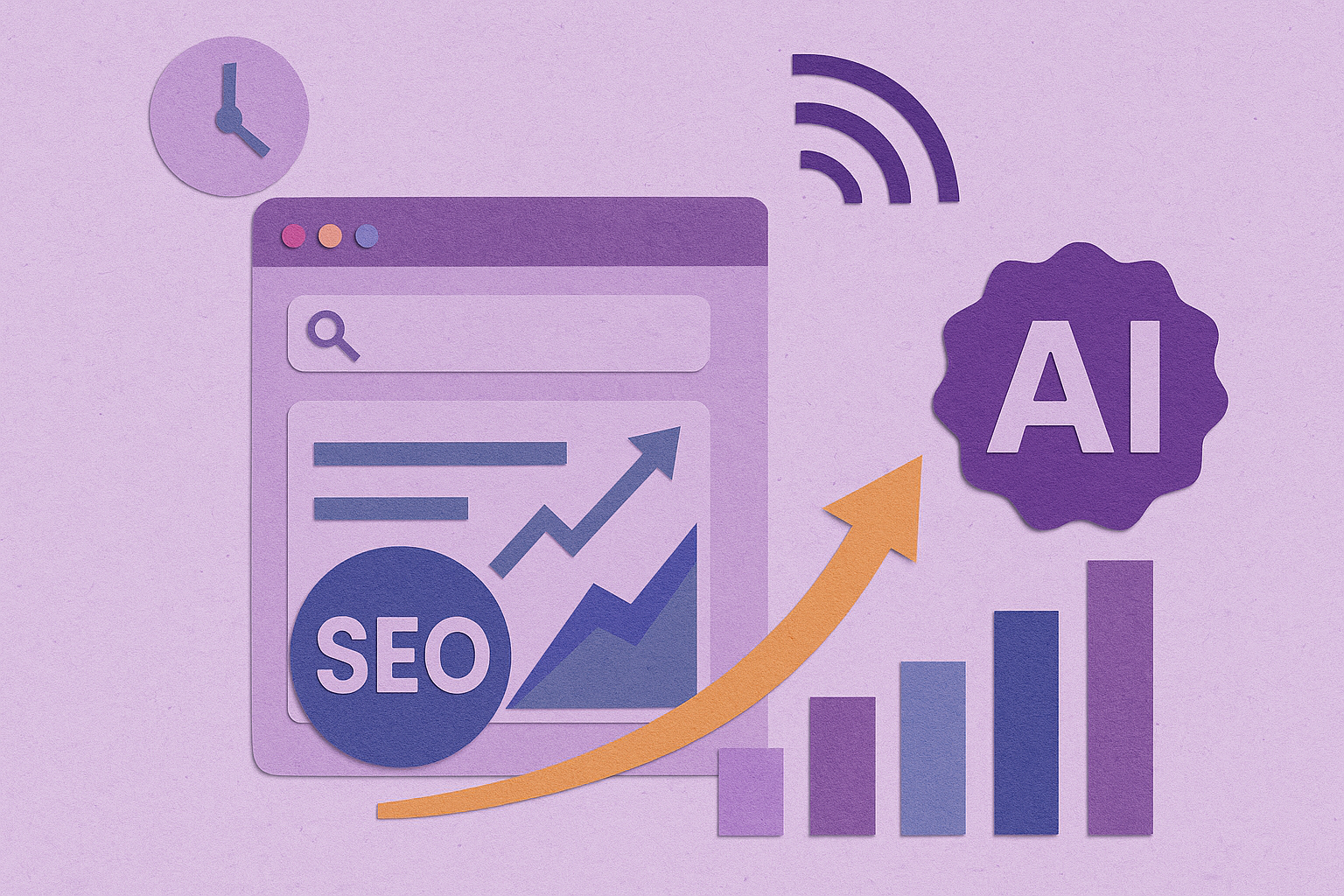
Despite the traffic loss risk, AI search opens new doors for smart content creators.
✅ AI-Cited Content = New Visibility
If your content is consistently cited by AI platforms, it builds brand trust and authority. Users may not click immediately, but they’ll recognize your domain or brand in repeated answers.
Think of this as the new “impression share”—not in clicks, but in mention share across AI platforms.
✅ Repurposing Content for AI Readers
AI platforms prefer structured, fact-rich, and scannable content. Adapting your format to be AI-friendly boosts your chances of being referenced.
- Use clear headings and concise explanations.
- Include definitions, data points, and bullet lists.
- Add schema markup to improve content parsing.
✅ Positioning for Conversational Queries
AI searches often start with complex, natural-language prompts:
- “Compare CRM tools for small business with pricing and reviews”
- “Summarize the impact of AI on healthcare in the last 5 years”
Targeting these compound, intent-driven queries through long-form, evergreen content can increase your visibility in AI summaries.
✅ Direct Engagement Over Dependence
The best defense against losing traffic to AI tools is building direct relationships:
- Grow your email list.
- Offer content upgrades or tools behind soft gates.
- Create community-driven experiences (forums, webinars, newsletters).
- Strengthen your brand’s share of voice on social media and video platforms.
AI may control discovery, but you control retention.
How to Measure Success Without Clicks
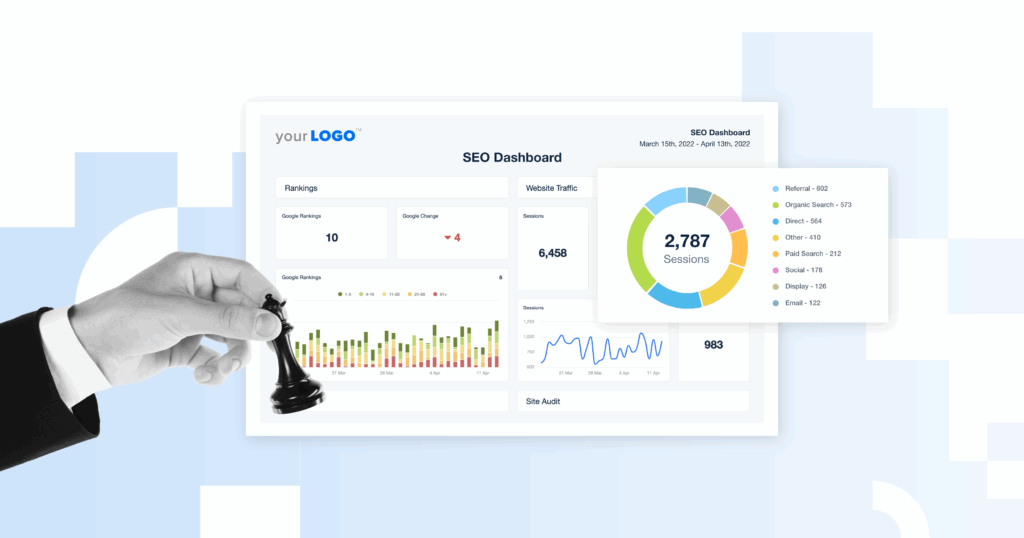
In the AI-driven landscape, traditional SEO KPIs may lose relevance. Instead, consider:
- AI citations: Are you being referenced in responses on ChatGPT, Perplexity, or Copilot?
- Brand search volume: Are more users searching for you by name?
- Mentions and backlinks: Are your ideas being cited by others in your industry?
- Engagement metrics: Are people spending time on your site once they do arrive?
Shift from measuring pure traffic to measuring influence, reach, and recall.
What to Watch Moving Forward
- AI transparency: Will platforms become more consistent in citing sources?
- Monetization models: How will content creators be rewarded when their work fuels AI responses?
- API and partnership opportunities: Will platforms offer ways for brands to integrate content directly?
- User behavior shifts: Will more users adopt AI search as their primary tool—or will it stay niche?
The future of organic traffic will depend not just on ranking—but on where your content lives and how it’s used in the AI discovery process.
Final Thoughts
AI search engines like Perplexity and ChatGPT are fundamentally changing how people find and consume information. While this poses a threat to traditional organic traffic, it also presents an opportunity: to create better, smarter, and more valuable content that earns visibility across a new generation of platforms.
In this new era, success isn’t just about being found.
It’s about being referenced, trusted, and remembered—whether or not the user ever clicks.
Adapt early, create with AI in mind, and build a brand that survives beyond the click.



